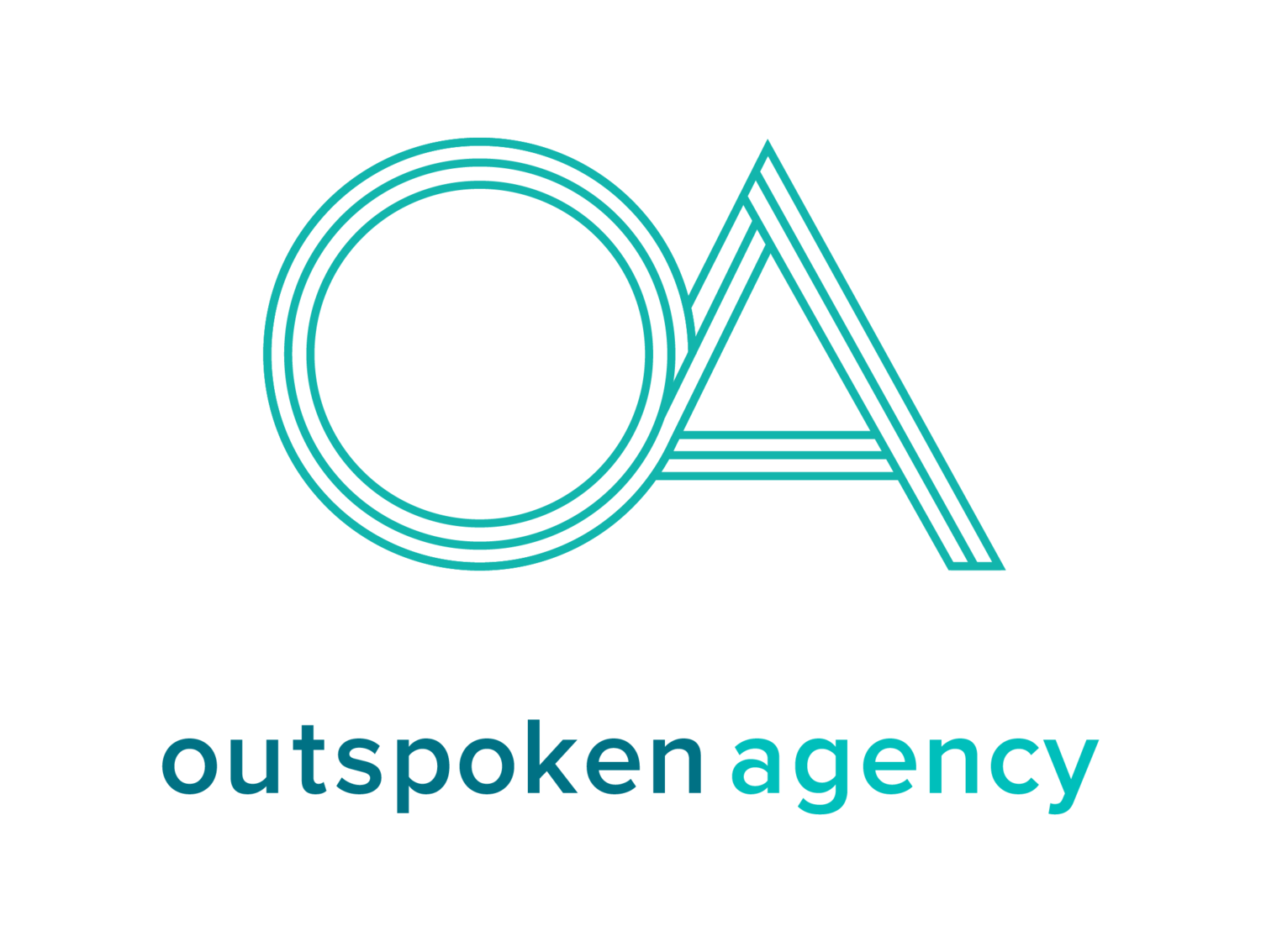Women and DEIB Boost Your Bottom Line
/March is upon us as we look to celebrate Women’s History Month in the U.S. This year’s theme is “Women Who Advocate for Equity, Diversity and Inclusion.” On the heels of another Black History Month coming to an end, we continue to hear many attacks on the DEIB space, as organizations are concerned over politically-charged attacks from extreme groups on how time and money spent on DEIB initiatives is polarizing to the “opposing” group. But in a globalized world, a diverse customer base is a reality and an inclusive organization is a must.
So, as an organization, you must ask yourself: are you willing to do what it takes to reach your full potential if it involves a focus in sustainable, long-term DEIB/EDI initiatives? Many continue to realize that strong Equity, Diversity and Inclusion (EDI) practices aren't just the right thing to do - they're a smart business move, especially when women drive 70-80% of all consumer purchasing.
While many companies continue to see these practices as a box to tick, the truth is, it's a powerful weapon in your arsenal, driving not just ethical practices but also tangible business success. Below is exactly why and which expert women speakers can help in each circumstance.
1. A Talent Magnet
Competition for top talent is fierce. By fostering an inclusive environment where everyone feels valued, you attract a wider pool of qualified candidates. Diverse perspectives lead to better problem-solving and innovation, giving your business a competitive edge.
👉 Watchen Nyanue helps corporations learn how to recruit and retain top, diverse talent through mentorship programs, especially for Black women, given the lack of support many receive.
Media - Forbes: Watchen Nyanue Shares Why Climbing the Ladder is a Daily Choice for Black Women
2. Enhanced Decision-Making
Groupthink is a real threat to innovation. Diverse teams, with their varied experiences and perspectives, foster robust discussions and challenge assumptions, leading to more informed and well-rounded decisions. This can translate to better product development, marketing strategies, and risk management.
👉 Mary Abbajay educates organizations about the complexities of workplace dynamics and relationships, especially as she encourages members to become an organizational ally to advance DE&I strategies.
Media - SHRM: Influencing DE&I Strategies: Tips for Emerging Professionals
3. A Global Marketplace Demands a Global Mindset
Today's consumers are diverse, and understanding their needs is crucial. A DEIB-focused workforce can tap into a wider range of cultural nuances and market insights, allowing you to develop products and marketing strategies that resonate with a broader audience, both domestically and internationally.
👉 Julia Collins is leading the charge over climate change challenges in the food and beverage energy through her decarbonization platform, helping the industry ensure it better aligns with the interests of today’s global consumer and their concerns over the climate crisis.
4. Brand Loyalty Matters
Consumers today connect with brands that share their values. By demonstrating a commitment to EDI, you build trust and loyalty with a broader customer base. This can lead to increased brand advocacy and positive word-of-mouth marketing, a powerful tool in today's digital age.
👉 Amanda Slavin teaches brands the true power of brand loyalty through her Seventh Level framework, helping them gain wider exposure and support to earn brand loyalists—goals that satisfy both a brand’s core values and financial objectives.
Media - AdWeek: Creating Brand Champions Is the True Power of Web3
5. Avoiding Costly Missteps
Unconscious bias can lead to marketing campaigns or product designs that miss the mark or even offend. It can also lead to discriminatory practices, resulting in costly lawsuits and reputational damage. A diverse and inclusive team can help identify these issues before they become expensive problems. Internally, DEIB initiatives not only create a fairer workplace but also minimize legal and ethical risks, protecting your business from potential liabilities.
👉 Kimberly Bryant addresses the challenges and unique biases faced by Black women in positions of power and discusses qualities that truly define effective leadership—something she’s experienced firsthand as a leader in the tech-equity space focused on the advancement of women in tech.
Media - Boston Globe: Claudine Gay and the Black Girlboss Paradox
Beyond how DEI initiatives play out internal, companies really must pay attention to its effects on their bottomline. As mentioned in this CNN piece at the start of the year: “The consequence is you’re not going to effectively serve the shifting demographics of the (country) and it reduces your customer base.”
Building a Better Bottom Line
EDI isn't just about checking a box. It's about creating a work environment where everyone thrives. The benefits are clear: a wider talent pool, a more innovative culture, and a deeper understanding of your customers. By embracing this initiatives in a sustainable way, you're not just doing the right thing, you're making a smart investment in the future of your business.
Ready to Get Started?
There are many resources available to help companies implement strong EDI practices. Start by taking a close look at your current workforce and customer base. Do they reflect the diversity of the market you serve? Then, develop an action plan to address any gaps and create a truly inclusive culture.
By investing in DEIB/EDI, you're investing in the success of your business. It's a win-win for everyone.
Outspoken Agency is a women-owned speaking agency representing leaders, founders, public intellectuals, authors and entertainers for paid keynotes, workshops and panels at in-person and virtual events. Learn more about our female founders here.


